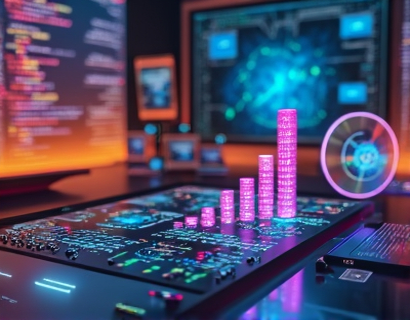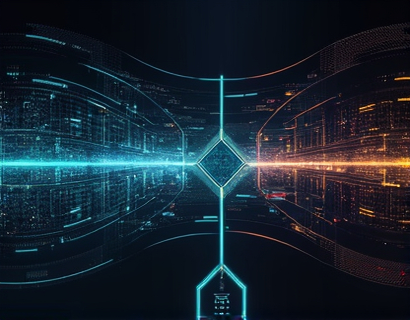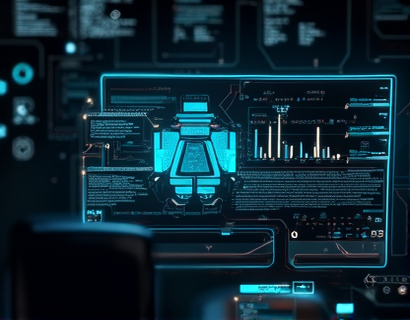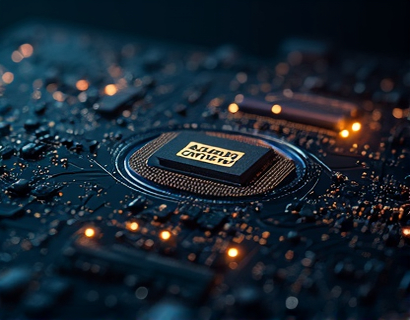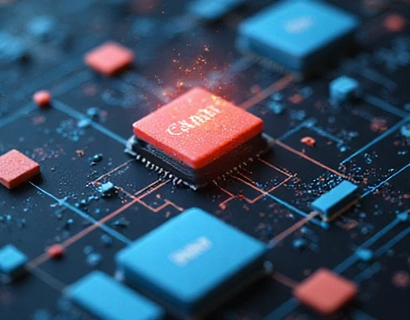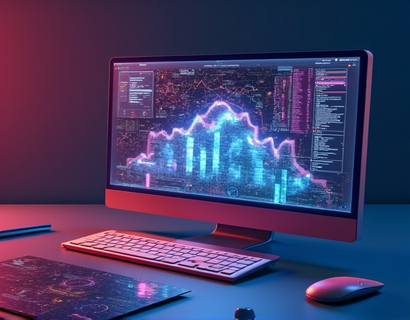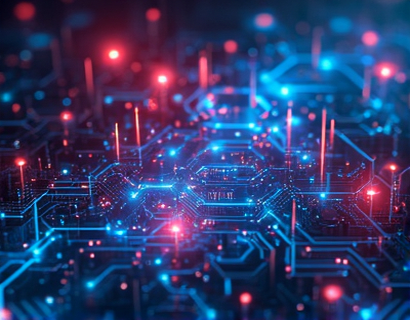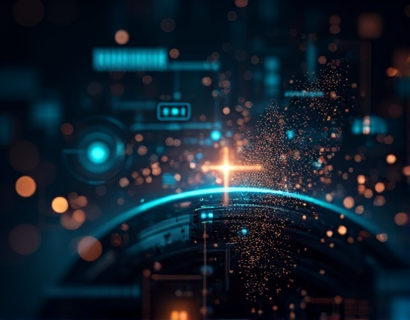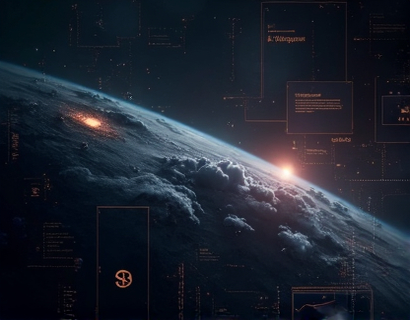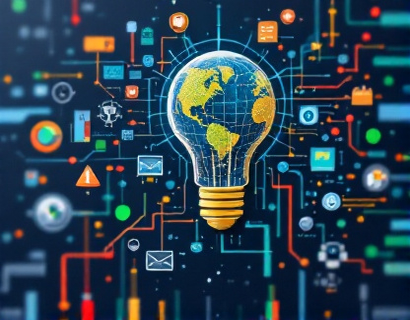Decentralized Productivity: Harnessing AI and Crypto for Next-Gen Workflow Innovation
The integration of artificial intelligence and cryptocurrency is ushering in a new era of productivity and workflow innovation. This transformative synergy is redefining how professionals approach their tasks, offering unprecedented efficiency and seamless integration. As we delve into the future of decentralized applications and advanced AI tools, it becomes clear that these technologies are not just enhancing productivity but fundamentally changing the landscape of professional capabilities.
Decentralized applications, or dApps, operate on blockchain technology, which ensures transparency, security, and decentralization. These applications are built on smart contracts, self-executing contracts with the terms directly written into code. This eliminates the need for intermediaries, reducing costs and increasing trust among users. When combined with AI, the potential for innovation is immense, as AI can optimize and automate various aspects of these decentralized workflows.
One of the key benefits of decentralized productivity tools is their ability to provide a trustless environment. In traditional centralized systems, users must trust a central authority to manage and secure their data. In contrast, decentralized systems distribute trust across a network of nodes, making them more resilient to attacks and failures. This trustless model is particularly valuable in professional settings where data integrity and security are paramount.
AI plays a crucial role in enhancing the functionality of decentralized applications. Machine learning algorithms can analyze vast amounts of data to identify patterns, predict trends, and automate repetitive tasks. For instance, AI-powered chatbots can handle customer inquiries, freeing up human resources for more complex tasks. In a decentralized context, these chatbots can operate across multiple platforms and jurisdictions, ensuring consistent and reliable service.
The synergy between AI and cryptocurrency also opens up new possibilities for incentivization. Traditional workflows often rely on monetary compensation to motivate employees. However, decentralized platforms can use cryptocurrency tokens to reward users for contributing value. This token-based incentive system aligns individual goals with the overall success of the decentralized network, fostering a more collaborative and motivated community.
Let's explore some specific use cases where AI and cryptocurrency are revolutionizing workflows. In the realm of content creation, AI-driven tools can assist writers and designers by generating ideas, optimizing content for SEO, and even creating visual assets. These tools can be deployed on decentralized platforms, allowing creators to maintain control over their work and monetize their content through cryptocurrency tokens.
Another area where this synergy shines is in supply chain management. Decentralized tracking systems powered by AI can monitor the movement of goods in real-time, ensuring transparency and reducing fraud. Smart contracts can automate payments and verify compliance with contractual obligations, streamlining the entire process. This not only increases efficiency but also builds trust among all parties involved.
The healthcare industry is also benefiting from the combination of AI and decentralized technologies. Patient data can be securely stored on a blockchain, with AI algorithms analyzing this data to provide personalized medical insights and recommendations. This approach ensures that patient data is both secure and accessible, while AI enhances the accuracy and speed of medical diagnostics.
In the financial sector, decentralized finance (DeFi) platforms are leveraging AI to offer innovative solutions such as automated trading, risk management, and credit scoring. These platforms operate without traditional financial intermediaries, reducing transaction costs and increasing accessibility. AI algorithms can analyze market data and user behavior to provide tailored financial advice and optimize investment strategies.
For businesses looking to adopt these technologies, the benefits are clear. Decentralized productivity tools can reduce operational costs, enhance security, and improve collaboration. AI-driven insights can help companies make data-informed decisions, stay ahead of market trends, and optimize their workflows. The integration of these technologies also aligns with the growing demand for sustainable and ethical business practices, as blockchain and AI can help reduce carbon footprints and promote transparency.
However, the adoption of decentralized and AI-powered tools is not without challenges. One of the primary concerns is the technical complexity involved in implementing these solutions. Many organizations may lack the expertise to integrate blockchain and AI effectively. To overcome this, it is essential to invest in training and development programs that equip employees with the necessary skills. Collaborating with experts in the field can also provide valuable guidance and support.
Another challenge is the regulatory landscape. As decentralized technologies continue to evolve, regulatory frameworks are still catching up. Companies must stay informed about local and international regulations to ensure compliance. Engaging with policymakers and participating in industry discussions can help shape a more favorable regulatory environment.
Despite these challenges, the potential rewards are significant. By embracing decentralized productivity and AI, organizations can unlock new levels of efficiency, security, and innovation. The future of work is decentralized and intelligent, and those who adapt early will gain a competitive edge.
In conclusion, the convergence of AI and cryptocurrency is paving the way for a new era of decentralized productivity. These technologies are not just tools but transformative forces that are redefining professional capabilities and enhancing workflow innovation. As we continue to explore and harness their potential, we can look forward to a future where technology and human ingenuity work hand in hand to achieve unprecedented levels of productivity and success.




